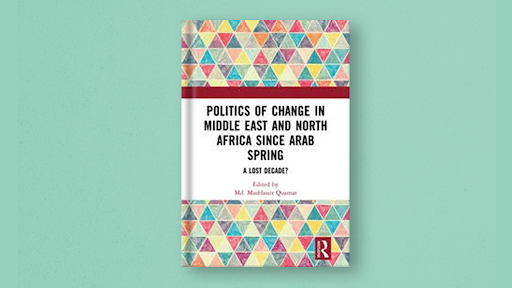ABSTRACT
Scholarly works underline that sections of the Sunni minorities, mainly the urban middle class and the educated elites supported the creation of the Islamic Republic. Despite the Sunni ulema publicly censuring Sunni extremist groups and developing a new ‘Islamic Diplomacy’, the state’s insecurity and paranoia towards its Sunni Muslim minority increased. The state suppressed any public expression of sympathy towards the Arab Spring, tightened censorship on publication, destroyed Sunni places of worship and higher religious schools, and imprisoned, executed and assassinated Sunni leaders. Apart from the resurgence in Sunni extremism within the state, evidence refers to the union of Iran’s Baluch, Kurds and Arabs with the Jabhat al-Nusra, an Al-Qaeda affiliate in Syria. While the world watched the MENA region engulf in protests in 2011, Tehran quietly promoted Jama‘at-i Da‘wat was Islah-i Iran (The Appeal and Reform Society of Iran) as a political party to stall a ‘Sunni Spring’ within Iran.
The volume, Politics of Change in the Middle East and North Africa since Arab Spring: A Lost Decade?, commemorates the ten years of the eruption of Arab Spring protests. It captures some of the prevailing political, economic, strategic and social issues in MENA through thematic or country-specific essays that explore the ongoing transformations and underline how despite the hopelessness, the MENA societies have made progress on various fronts.
Print edition not for sale in South Asia (India, Sri Lanka, Nepal, Bangladesh, Pakistan and Bhutan).


























